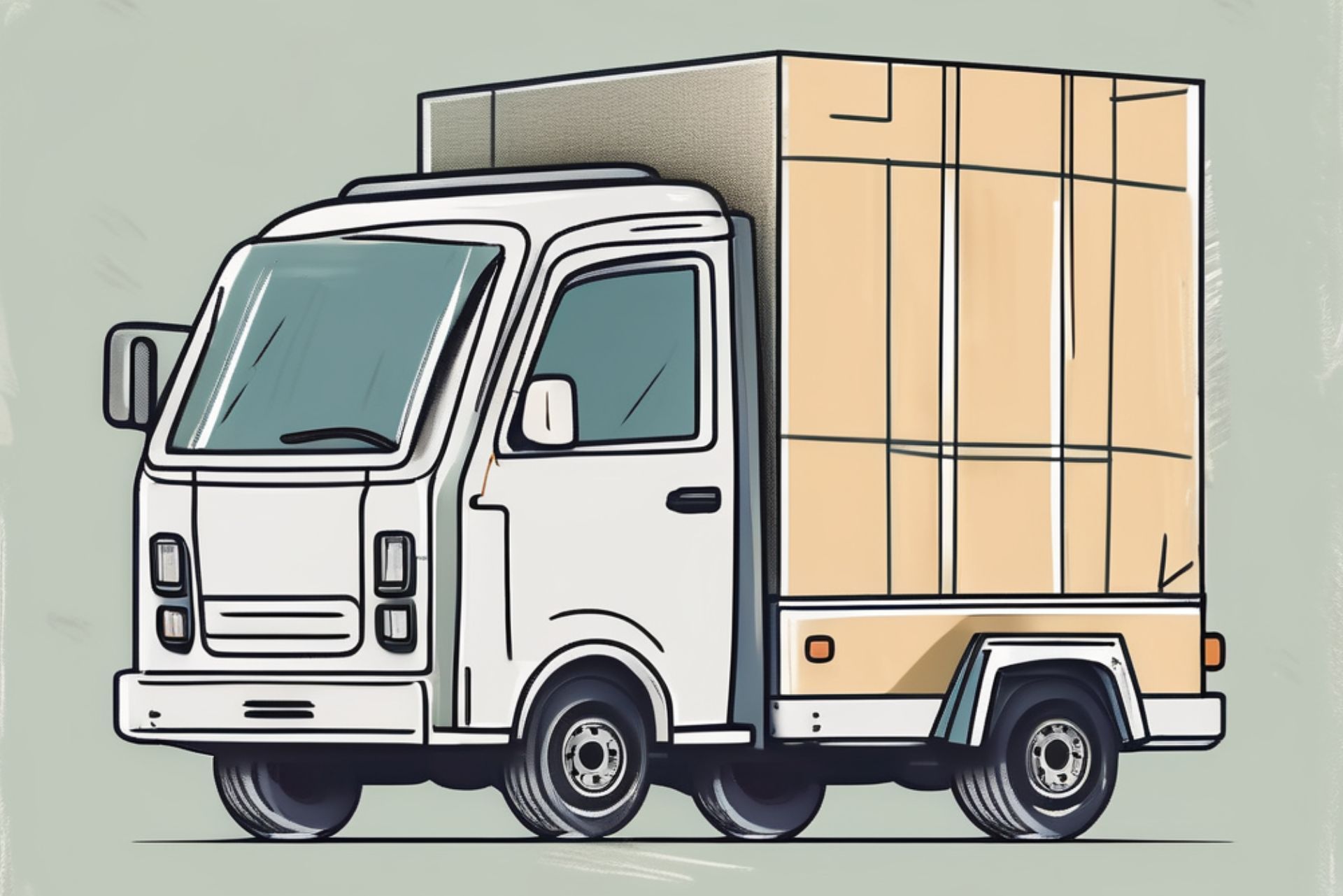Top 3 Recommended Policies
Index
Contact Us
Commercial auto insurance is a crucial aspect of business operations, especially for companies that rely heavily on vehicles for their day-to-day activities. It provides financial protection against physical damage or bodily injury resulting from traffic collisions and against liability that could also arise from incidents in a vehicle. This guide will delve into the intricacies of commercial auto insurance, its importance, and how to
choose the right policy for your business.
Understanding Commercial Auto Insurance
Commercial auto insurance, also known as business auto insurance, is a policy that covers vehicles used for business purposes. It provides coverage for cars, trucks, vans, and other types of vehicles used in the conduct of business. It also covers vehicles owned by businesses, including those owned, leased, hired, or borrowed.
Unlike personal auto insurance, commercial auto insurance is designed to address the unique needs and risks of businesses. It typically includes liability coverage for property damage and bodily injury, medical payments coverage, coverage for uninsured and underinsured motorists, comprehensive coverage, and collision coverage.
Why Commercial Auto Insurance is Important
Commercial auto insurance is essential for businesses that use vehicles for their operations. Without it, businesses may face significant financial losses in the event of an accident. It not only covers the cost of repairing or replacing damaged vehicles but also covers legal expenses if the business is sued as a result of an accident.
Moreover, commercial auto insurance is a legal requirement in most states. Businesses that fail to carry adequate insurance may face penalties, including fines, suspension of business licenses, and even jail time in severe cases.

Choosing the Right Commercial Auto Insurance Policy
Selecting the right commercial auto insurance policy involves assessing the specific needs and risks of your business. The right policy should provide adequate coverage for all potential risks without breaking the bank.
When choosing a commercial auto insurance policy, consider the types of vehicles your business uses, how they are used, and who will be driving them. Also, consider the potential risks your business may face, such as liability for accidents or damage to vehicles.
Types of Coverage
Commercial auto insurance policies offer various types of coverage. Liability coverage pays for damages or injuries you cause to others in an accident. Collision coverage pays for damages to your vehicle caused by a collision with another vehicle or object. Comprehensive coverage pays for damages to your vehicle caused by events other than a collision, such as theft, vandalism, or natural disasters.
Medical payments coverage pays for medical expenses for you and your passengers if you're injured in an accident, regardless of who is at fault. Uninsured and underinsured motorist coverage pays for damages if you're involved in an accident with a driver who doesn't have insurance or doesn't have enough insurance to cover the damages.
Factors Affecting Premiums
Several factors can affect the cost of your commercial auto insurance premiums. These include the type and number of vehicles your business uses, the driving records of your employees, the amount of coverage you need, and the deductibles you choose.
Businesses can often lower their premiums by implementing safety programs, maintaining good driving records, and choosing higher deductibles. It's also a good idea to shop around and compare quotes from different insurance companies to ensure you're getting the best deal.

Understanding the Claims Process
Understanding the claims process is crucial when dealing with commercial auto insurance. If an accident occurs, you'll need to report it to your insurance company as soon as possible. The insurance company will then investigate the claim, determine who was at fault, and pay for the damages up to the policy limits.
When filing a claim, it's important to provide as much information as possible, including the details of the accident, the contact information of everyone involved, and any witness statements. It's also a good idea to take photos of the accident scene and the damages to your vehicle.
Dealing with Denials
Insurance companies may sometimes deny claims for various reasons. If your claim is denied, it's important to understand why. Common reasons for denials include policy exclusions, lapses in coverage, or insufficient evidence of damages.
If you believe your claim was unfairly denied, you can appeal the decision with your insurance company. If the appeal is unsuccessful, you may need to take legal action to recover your losses.
Conclusion
Commercial auto insurance is a vital aspect of business operations. It provides financial protection against potential losses and legal liabilities arising from accidents involving business vehicles. Understanding the intricacies of commercial auto insurance and choosing the right policy for your business can help ensure your business is adequately protected.
By understanding the importance of commercial auto insurance, the types of coverage available, the factors affecting premiums, and the claims process, you can make informed decisions that best protect your business and its assets.






